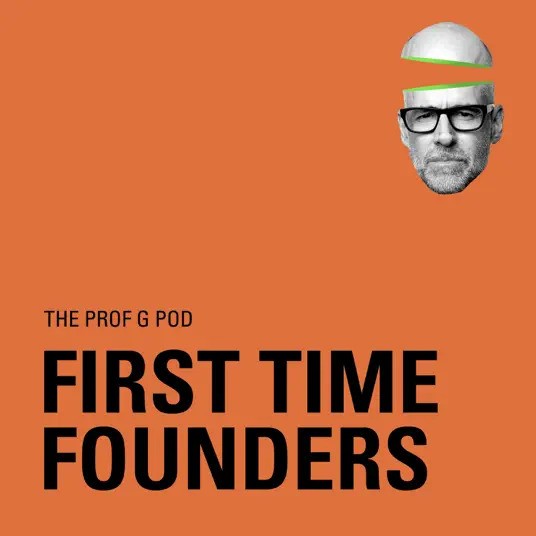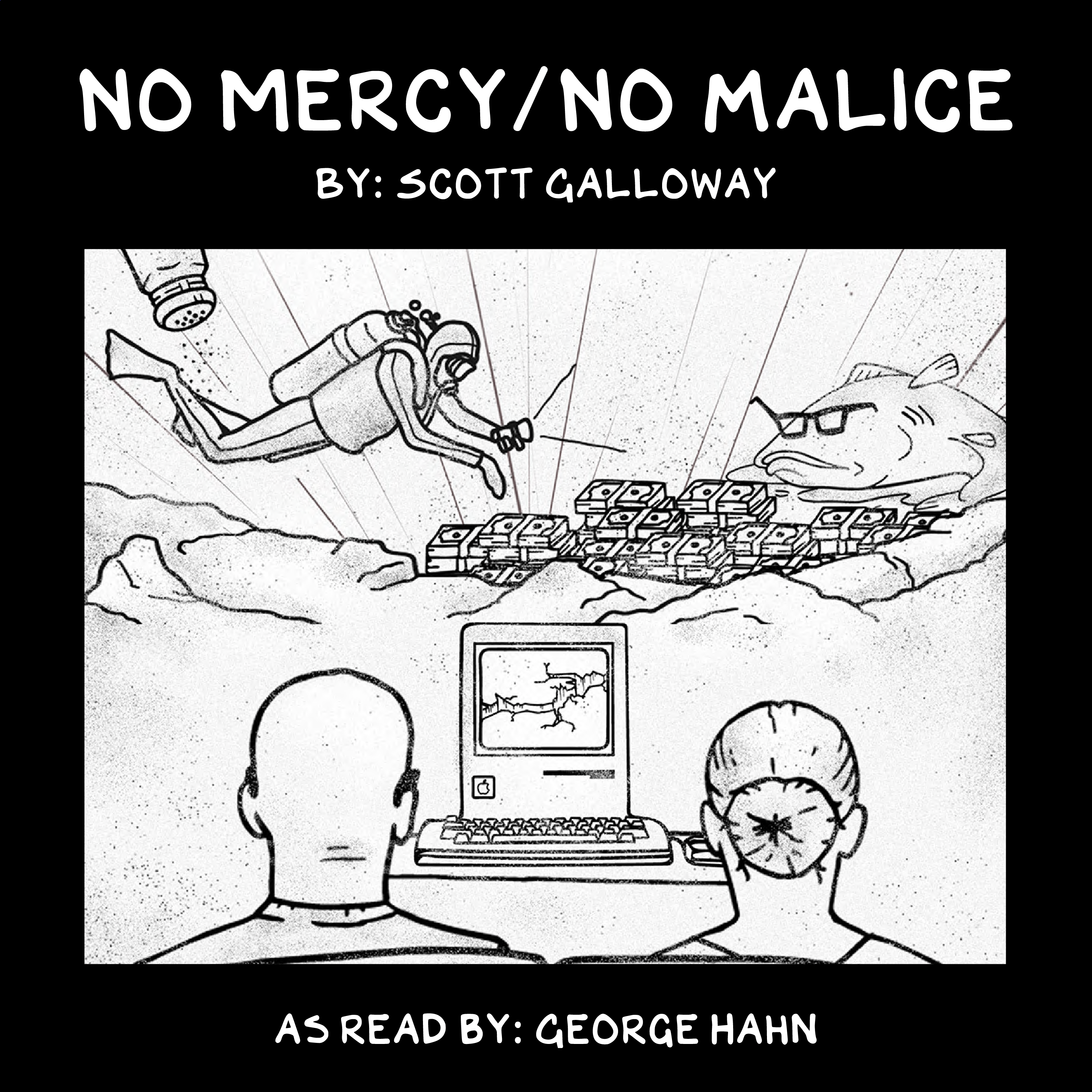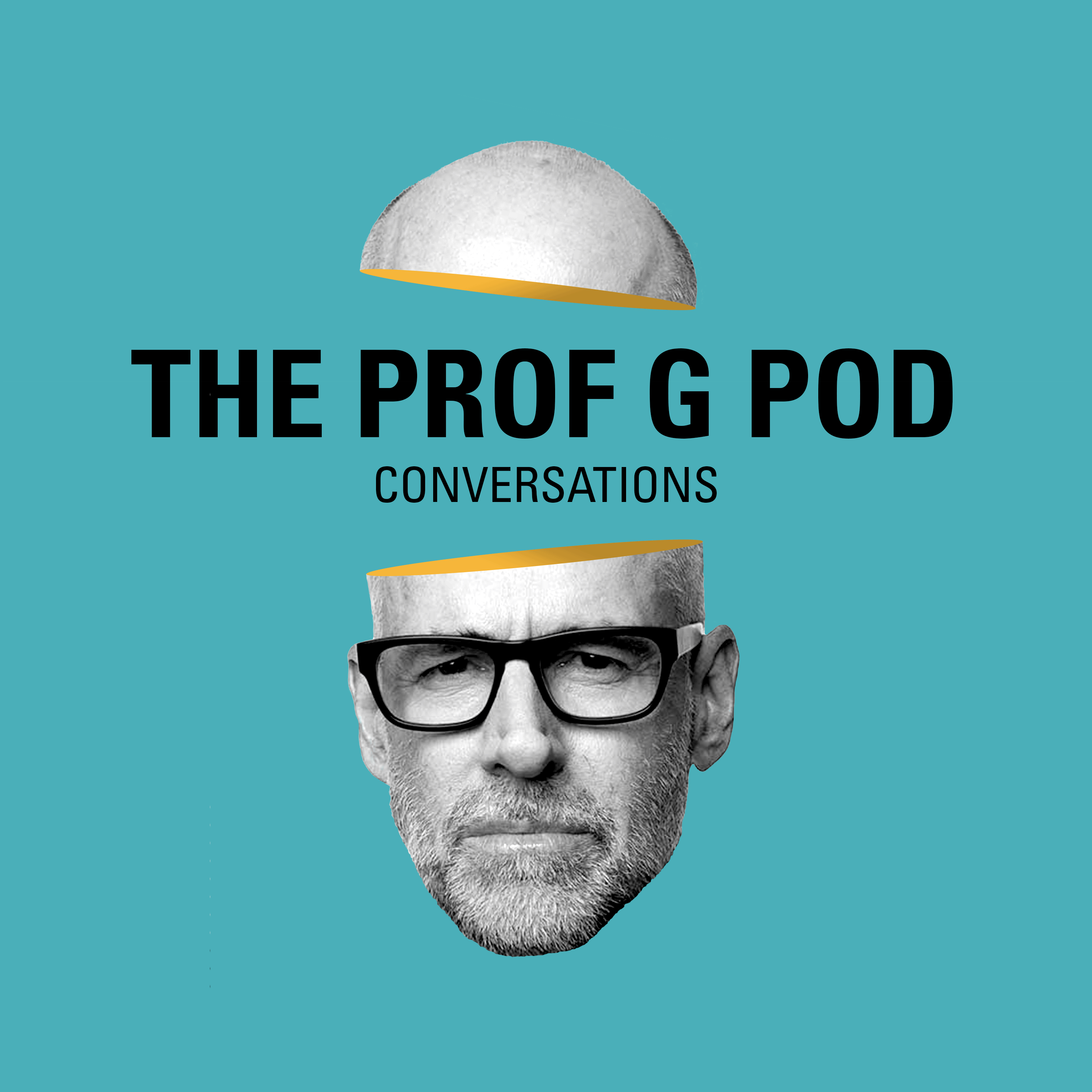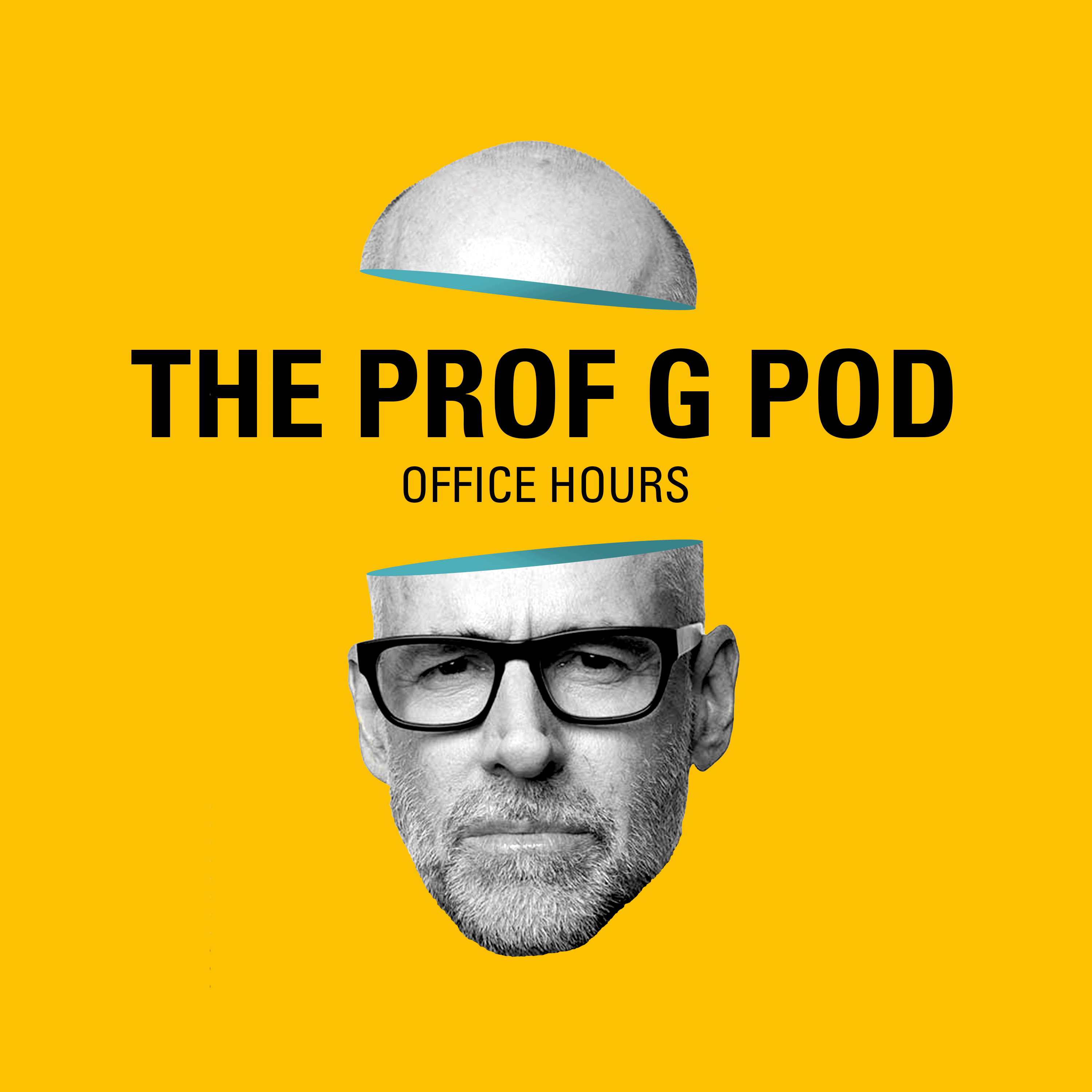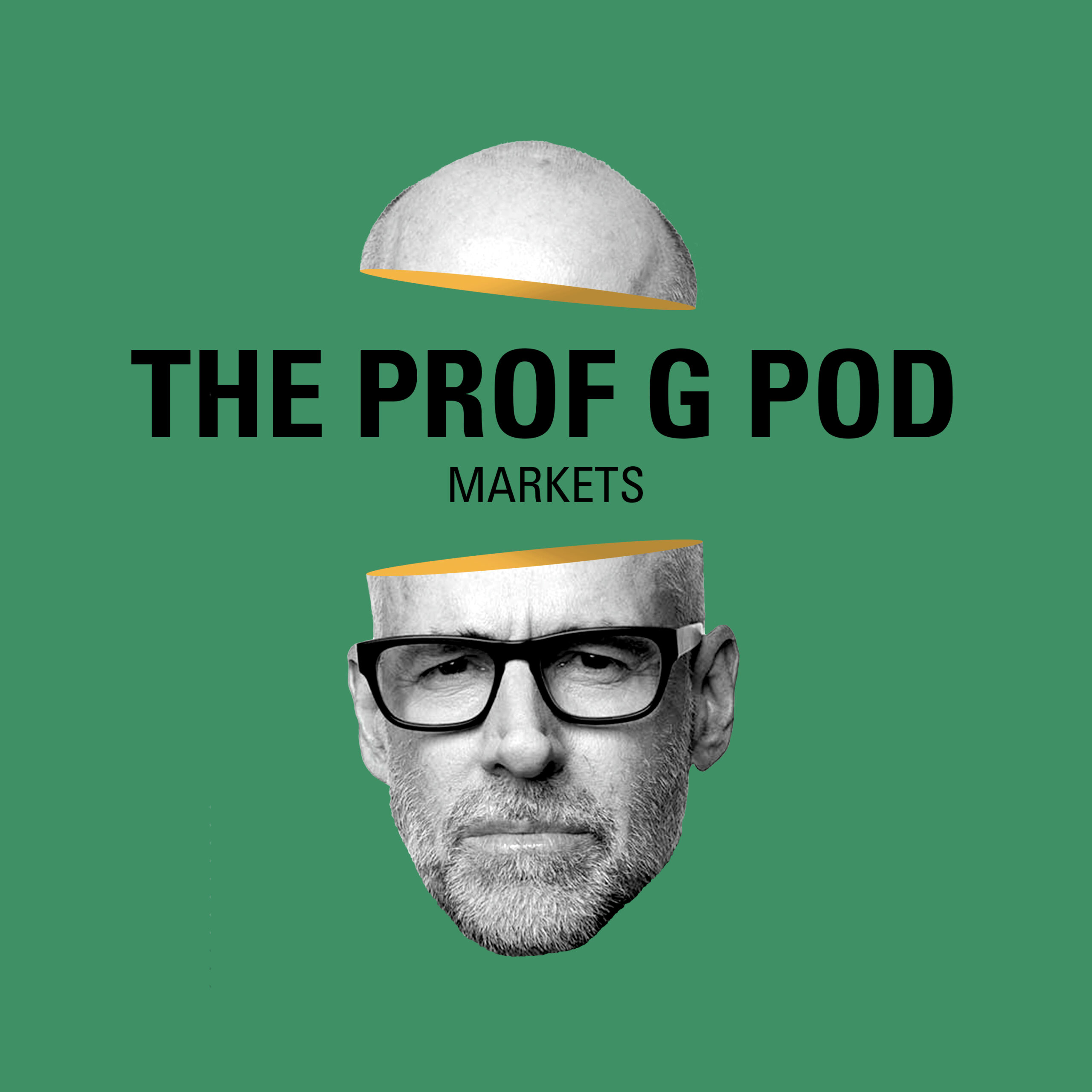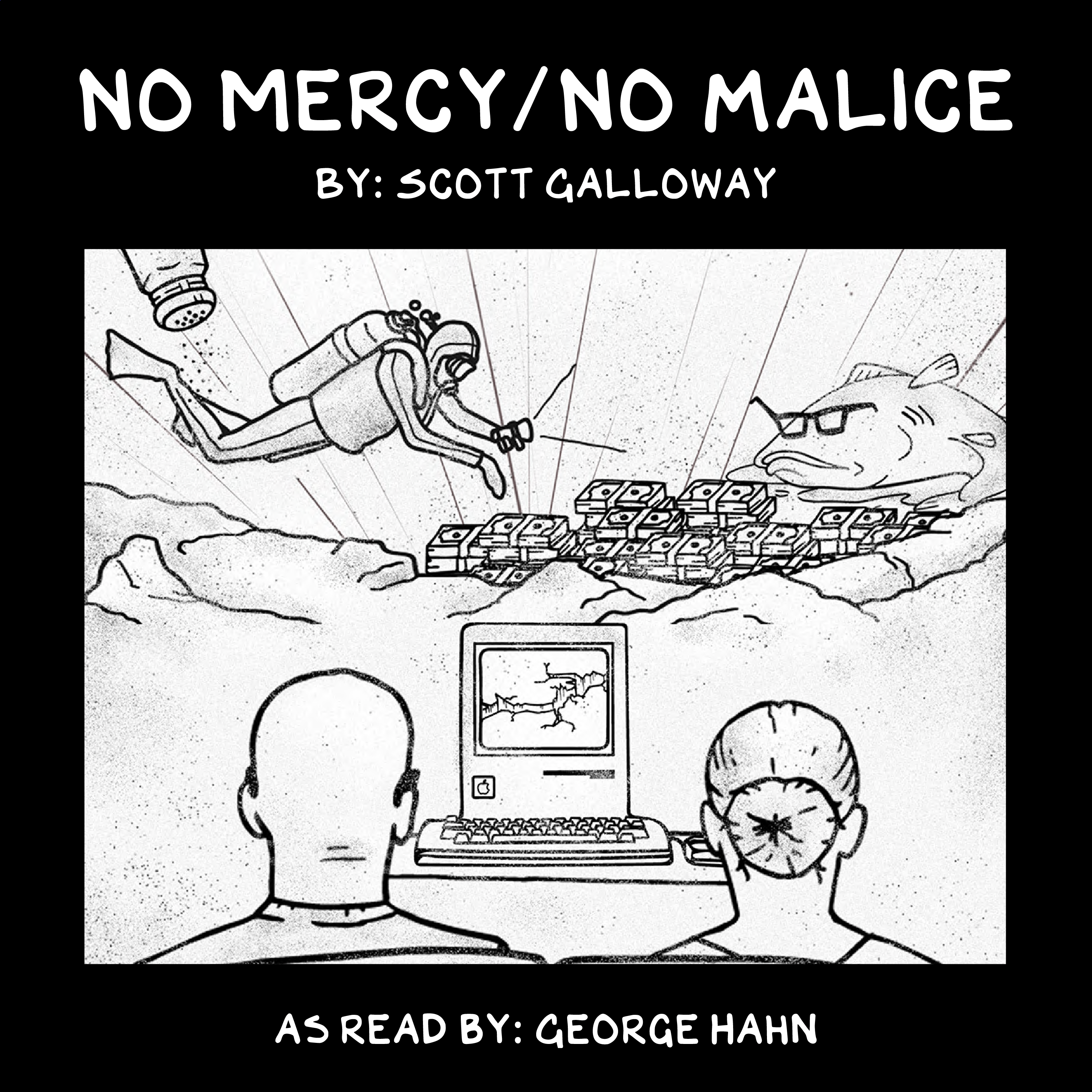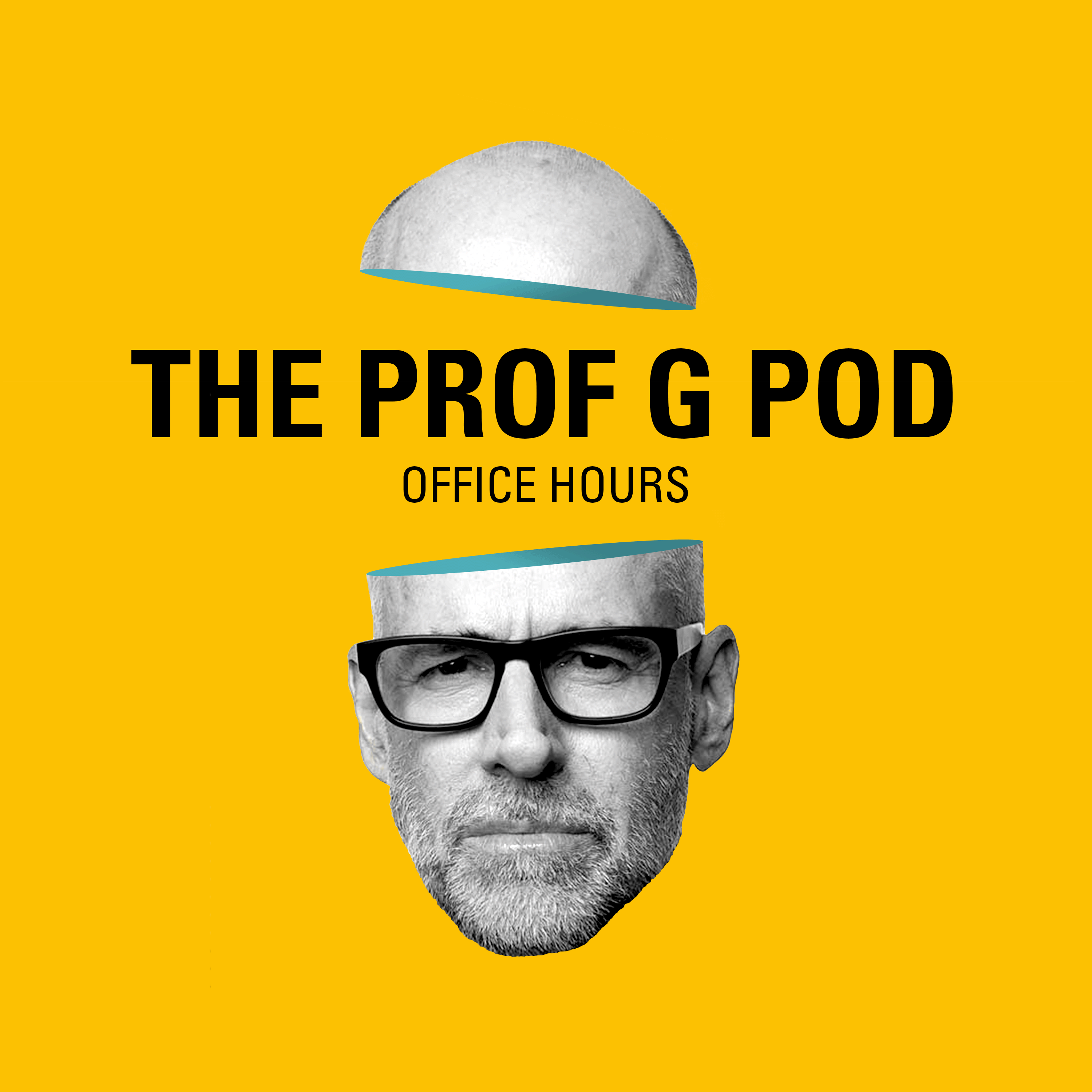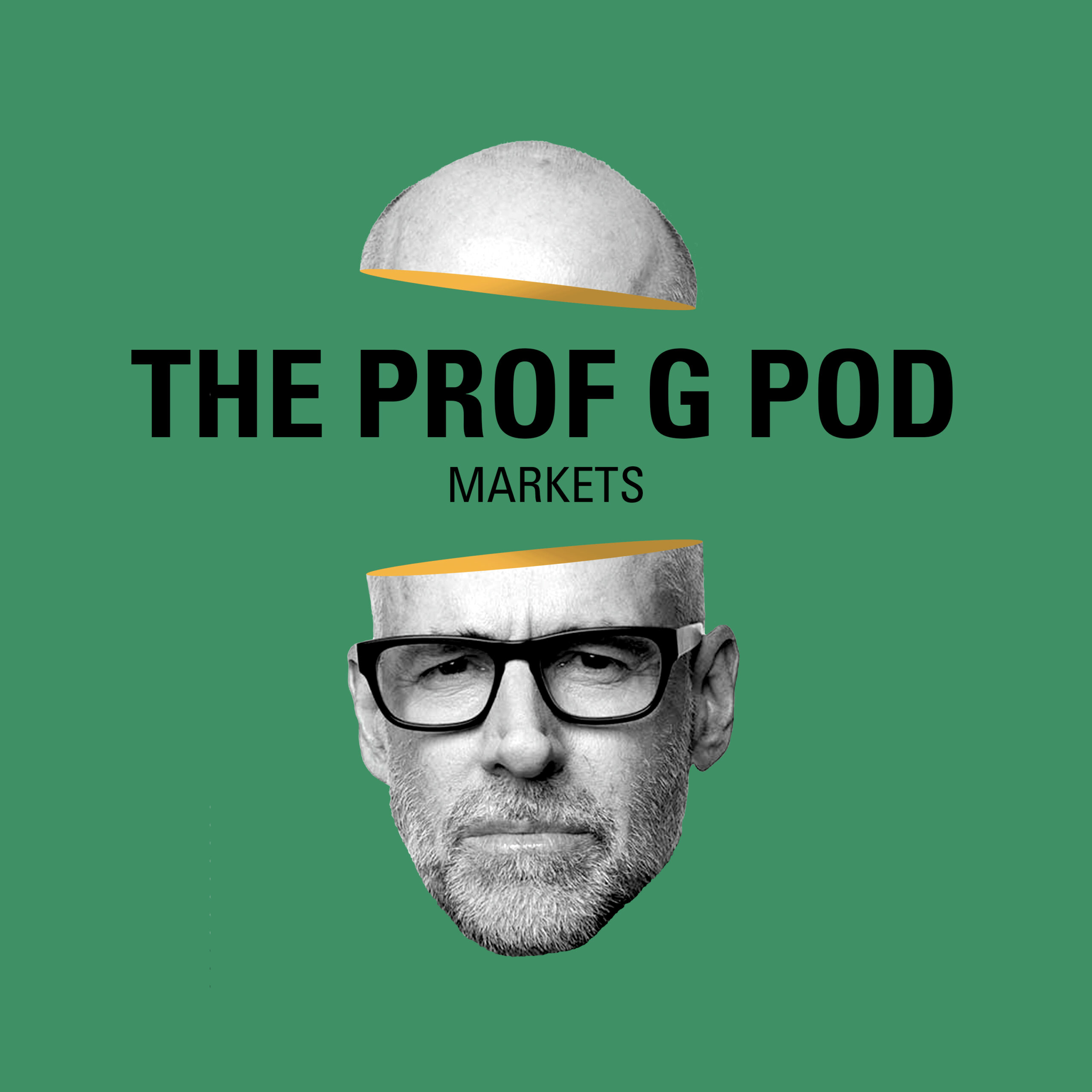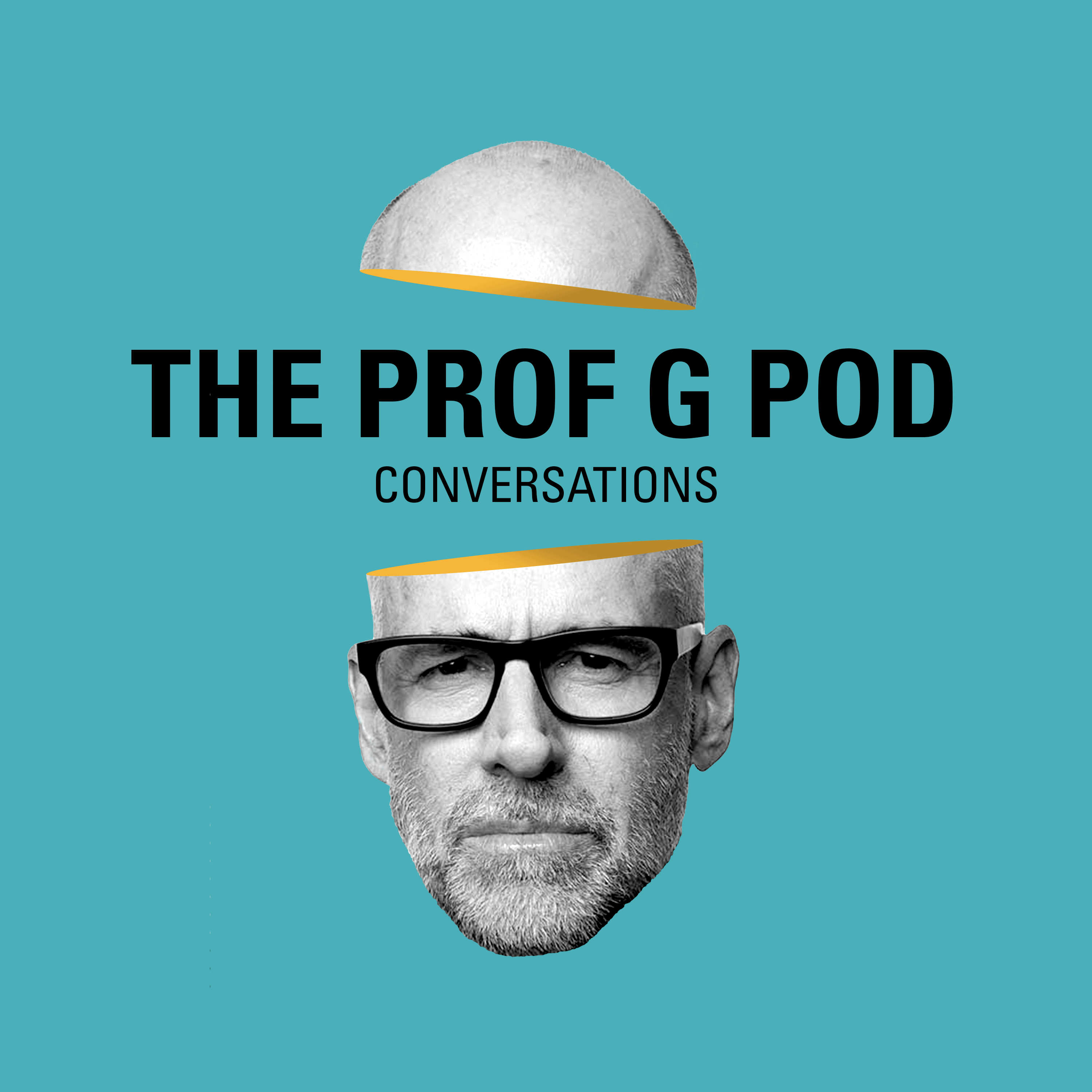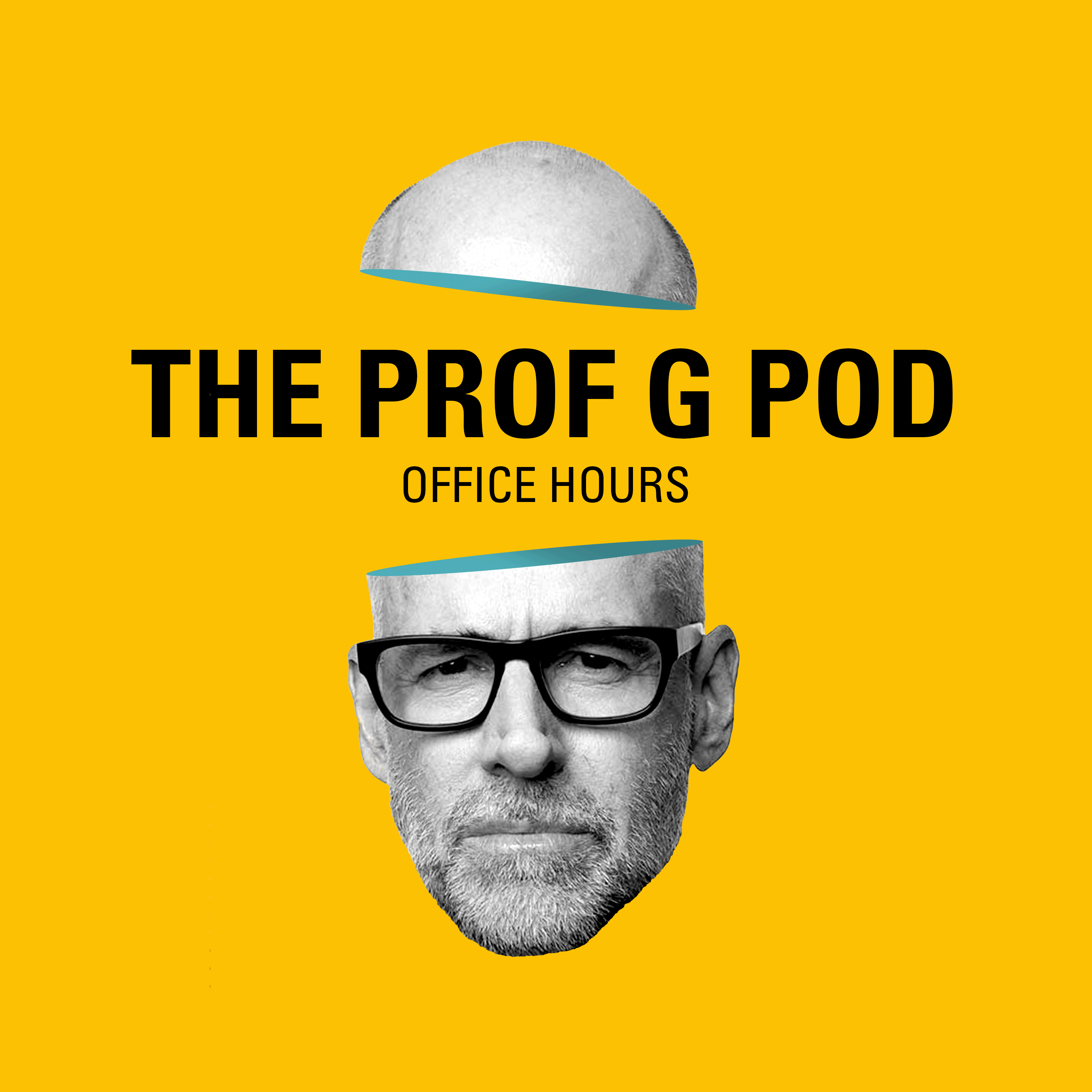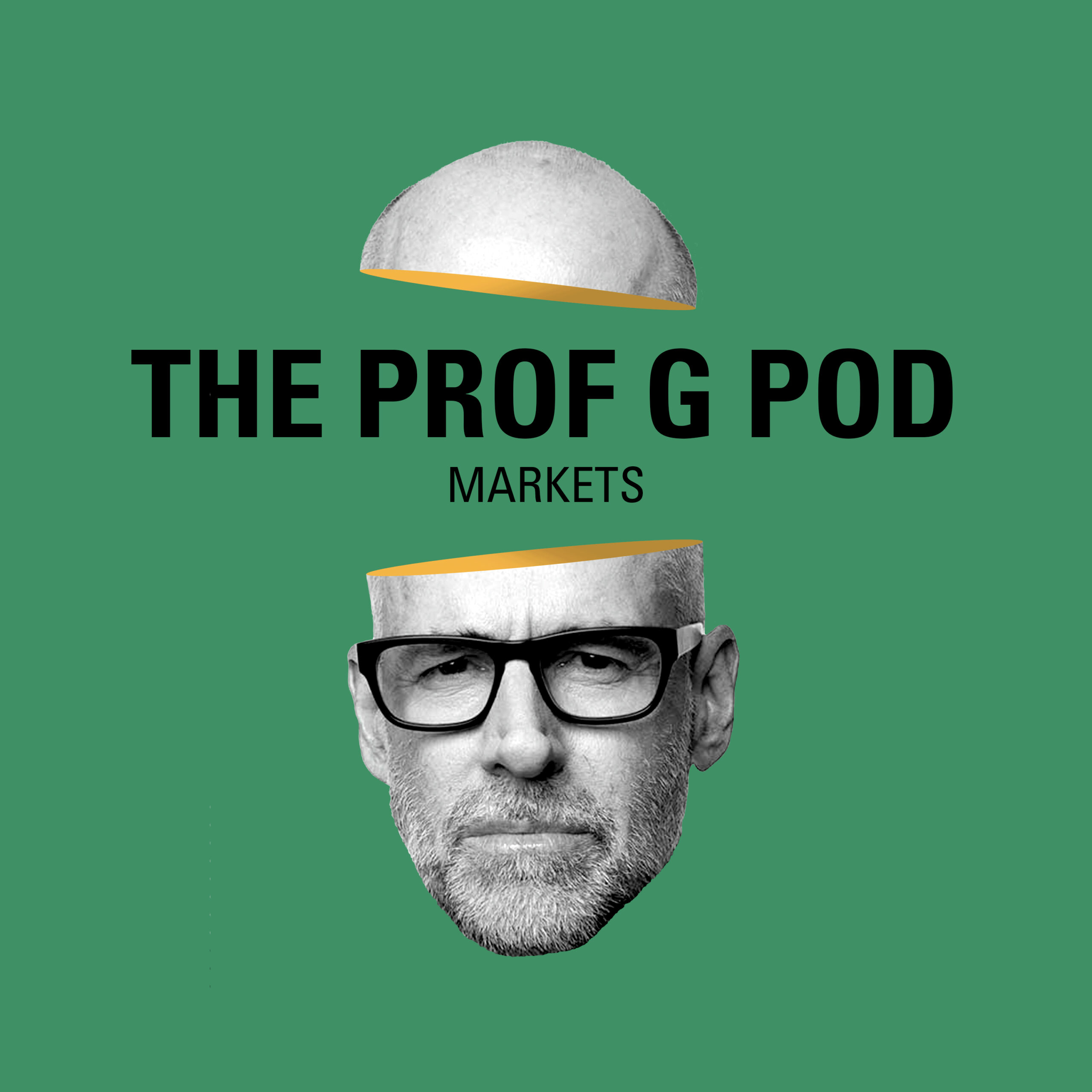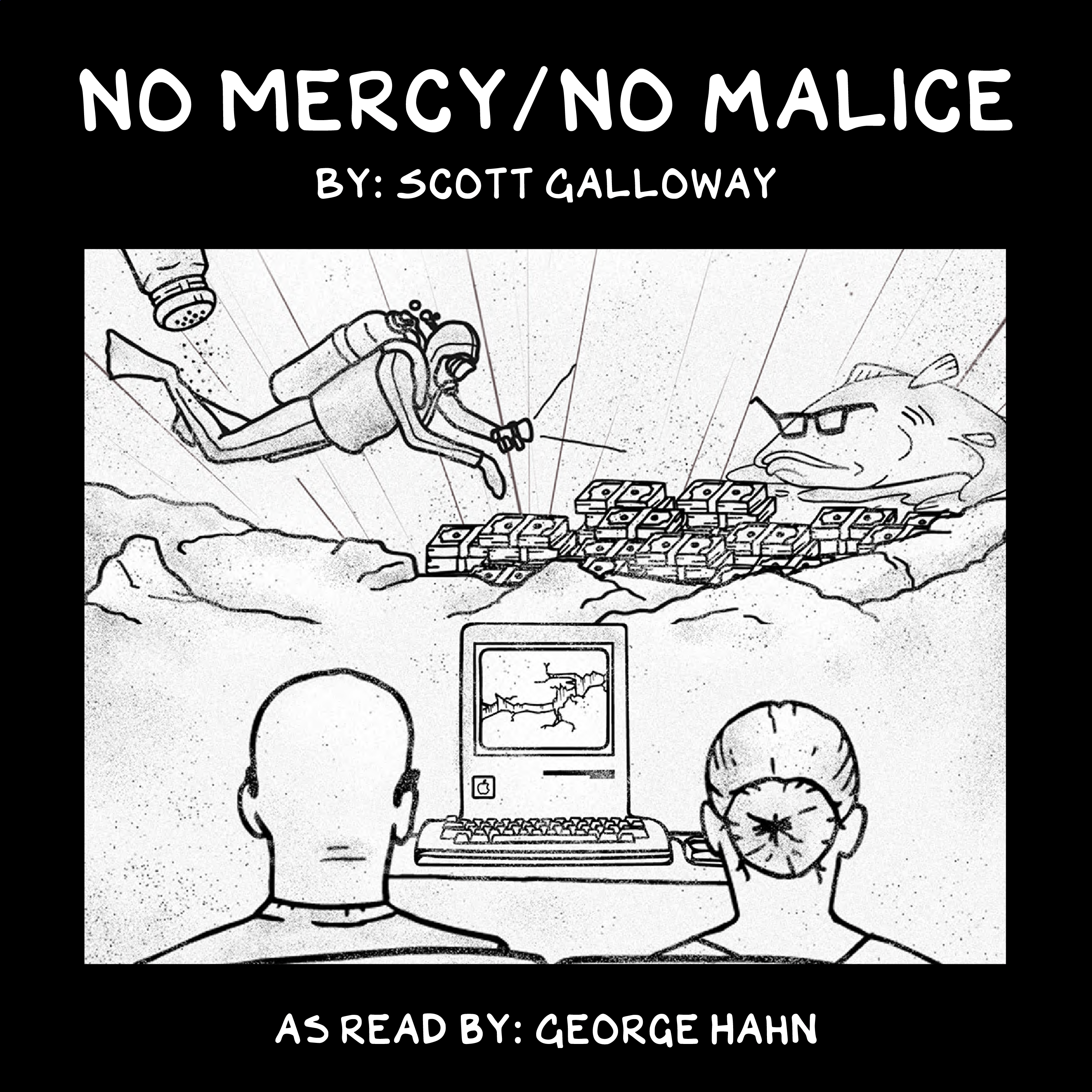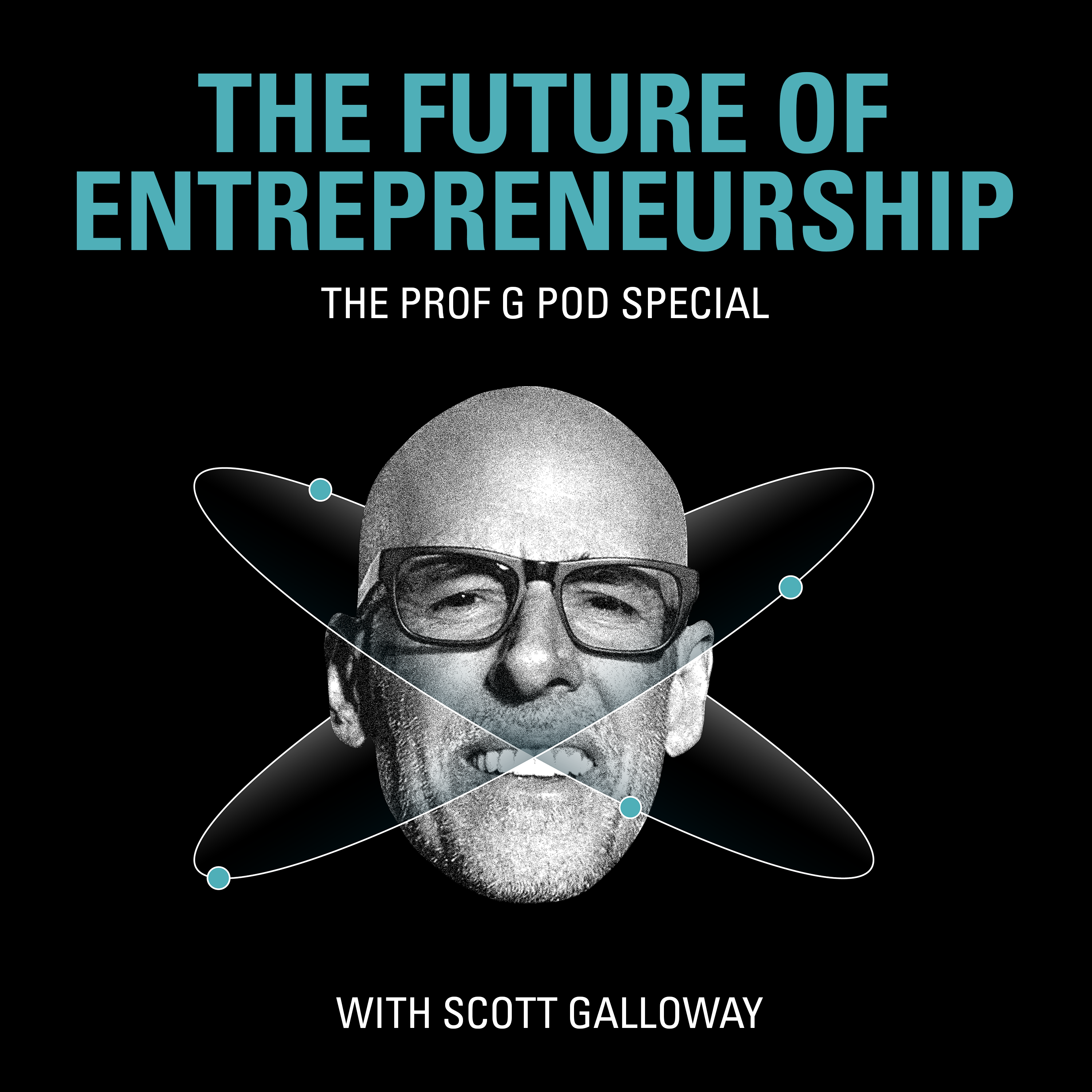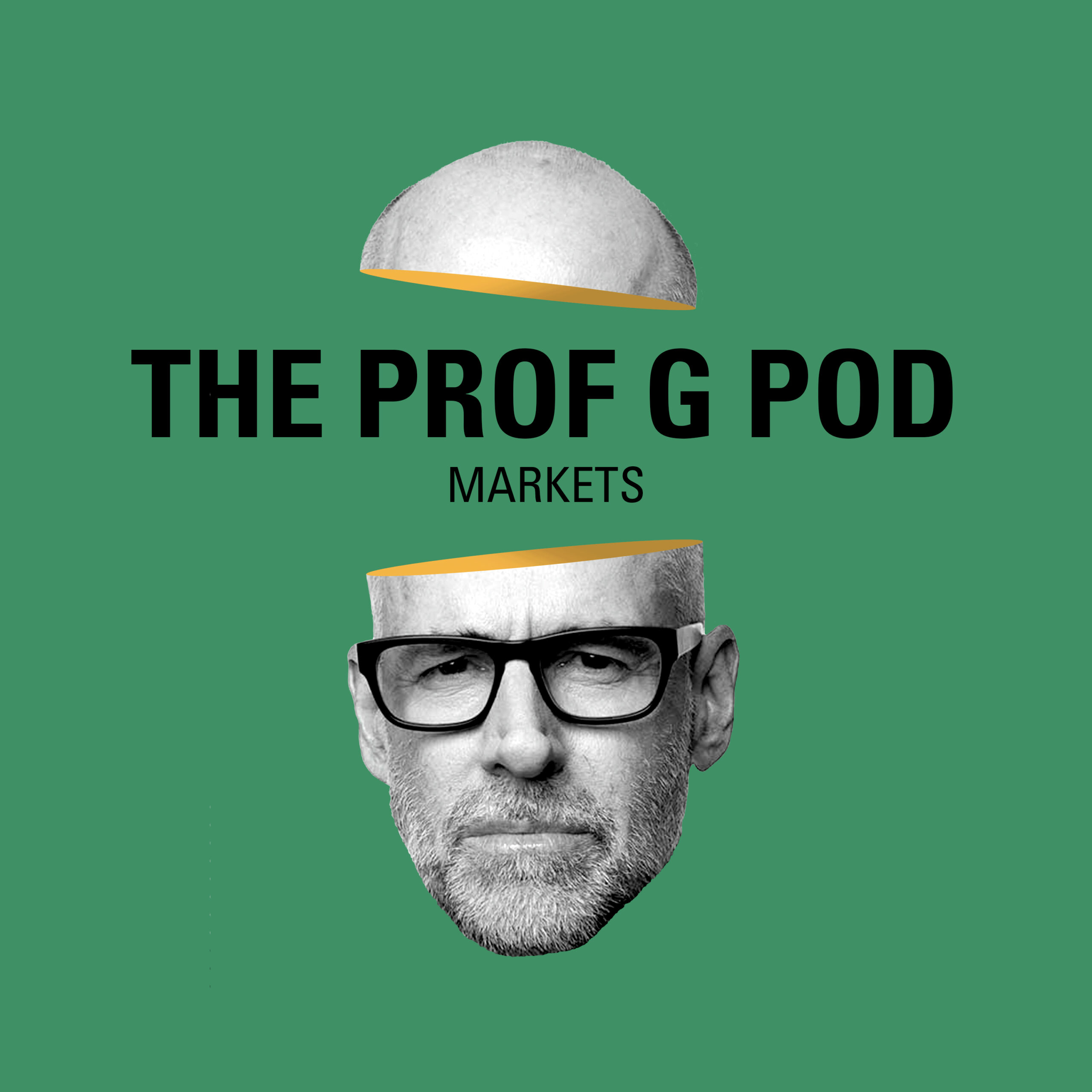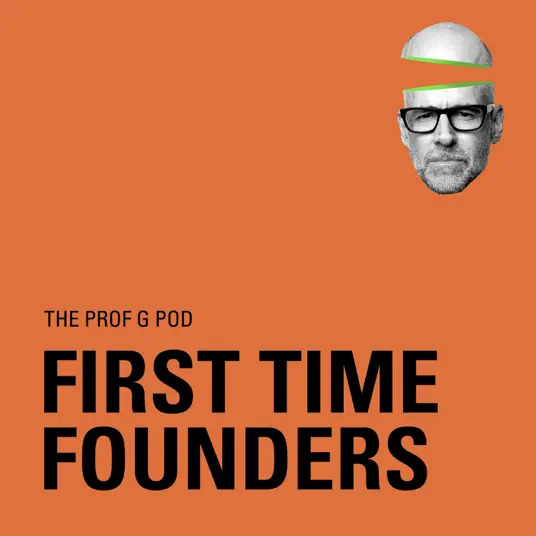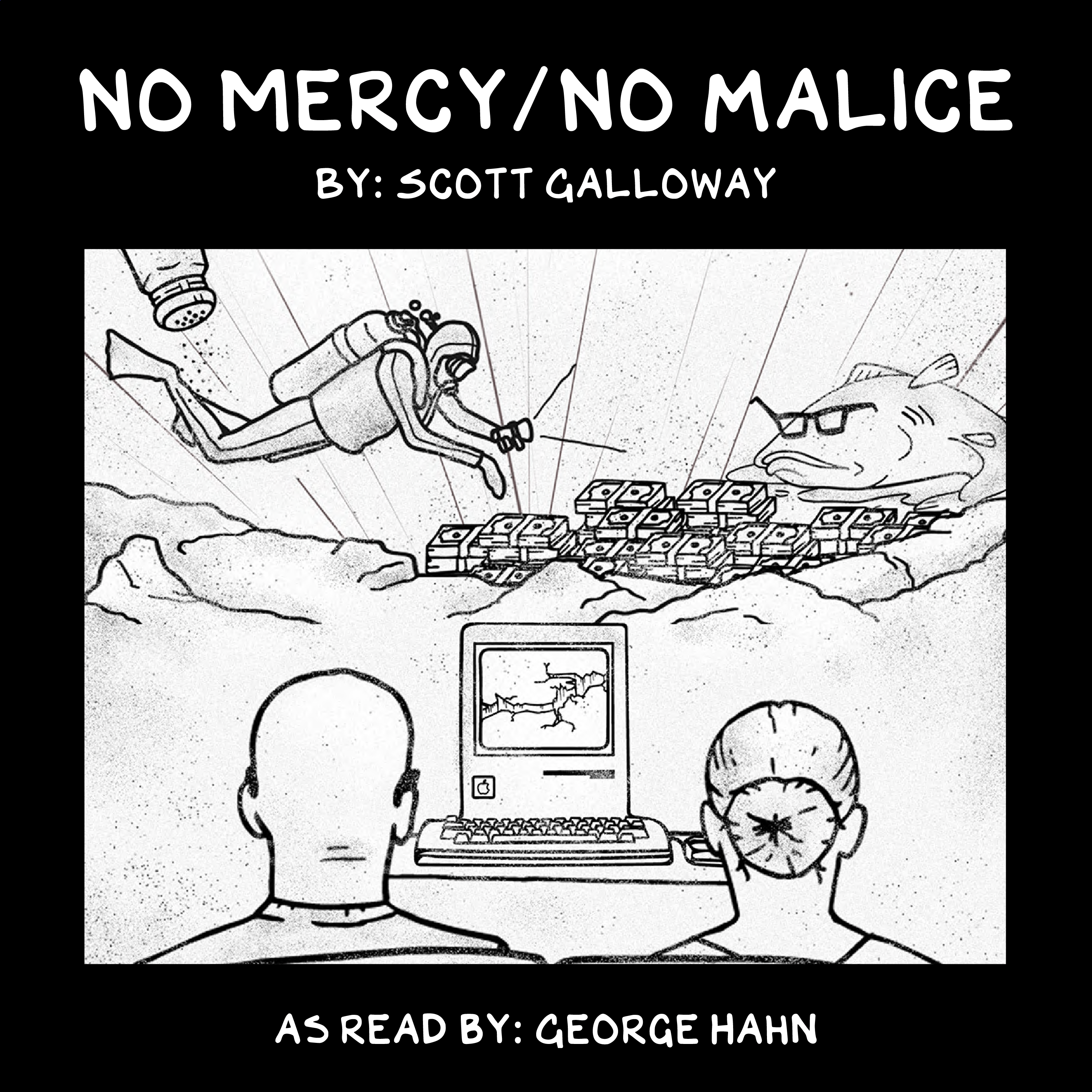Ed speaks with Missy Park, Founder and CEO of Title Nine, a women’s athleisure brand. They discuss how her experience as a collegiate athlete led her to start ...
As read by George Hahn. https://www.profgalloway.com/agency/ Learn more about your ad choices. Visit podcastchoices.com/adchoices
Andrew Scott, a professor of economics at London Business School whose research focuses on longevity and aging, joins Scott to discuss his new book, “The ...
Scott breaks down the latest TikTok news and predicts what its future looks like amidst the impending ban. He then answers a question from a listener who works ...
Scott shares his thoughts on Nvidia’s incredible first quarter earnings and breaks down what its stock split means for investors. He and Ed then look at the ...
As read by George Hahn. https://www.profgalloway.com/bubble-ai/ Learn more about your ad choices. Visit podcastchoices.com/adchoices
David Ignatius, a prize-winning columnist for the Washington Post and bestselling author, joins Scott to discuss space warfare and the vulnerabilities of our ...
Scott advises a listener in the alternative meats industry who is wondering if the bubble has burst. He then answers a question about car dependency in the ...
Scott shares his thoughts on the brief meme stock resurgence of last week and considers whether Keith Gill, otherwise known as Roaring Kitty, should be accused ...
As read by George Hahn. https://www.profgalloway.com/earners-vs-owners/ Learn more about your ad choices. Visit podcastchoices.com/adchoices
Matthew Hussey, a leading dating expert and author of the bestselling book, “Love Life: How to Raise Your Standards, Find Your Person, and Live Happily (No ...
Scott gives his thoughts on deepfakes, specifically why platforms that elevate AI-generated content, including Meta, should be liable. He then shares his ...
Prof G Markets: Bob Iger’s Bad Day, Trump Media’s Fraudulent Auditor, and Uber’s Venture Investments
Scott shares his thoughts on Disney and Warner Bros. Discovery’s latest earnings and what they mean for the streaming space. He then reflects on the ...
As read by George Hahn. https://www.profgalloway.com/big-energy/ Learn more about your ad choices. Visit podcastchoices.com/adchoices
Rex Chapman, a former NBA player and current podcast host, joins Scott to discuss his memoir, “It’s Hard for Me to Live with Me,” where he details his ...
We’re finishing off our three part series on the future of entrepreneurship. In the episode we share today, we feature a First Time Founders episode, in ...
Aswath Damodaran returns to the show to discuss the impact AI had on Big Tech’s Q1 earnings. He breaks down the significance behind Meta and Google’s decisions ...
Ed speaks with Paul Shapiro, co-founder and CEO of The Better Meat Co., a food company that makes meat through fermentation. They discuss how Paul’s career in ...
Prof G Markets is now breaking down the news that’s moving the capital markets every day of the week. Join Scott Galloway and Ed Elson for no mercy, no malice ...
As read by George Hahn. https://www.profgalloway.com/enemies/ Learn more about your ad choices. Visit podcastchoices.com/adchoices
- « Previous Page
- 1
- …
- 31
- 32
- 33
- 34
- 35
- …
- 62
- Next Page »

